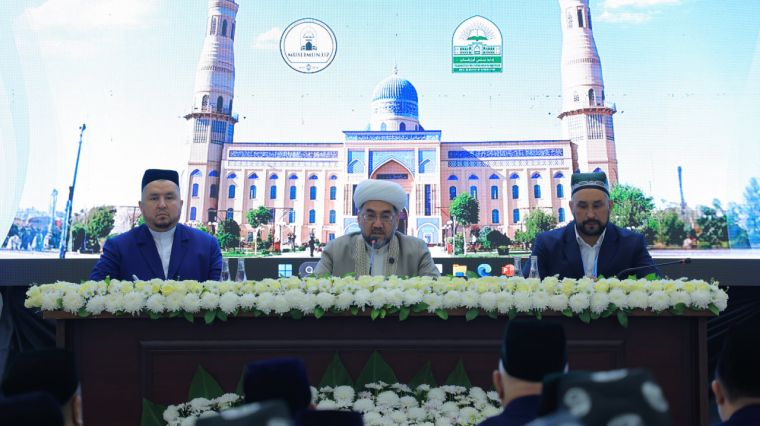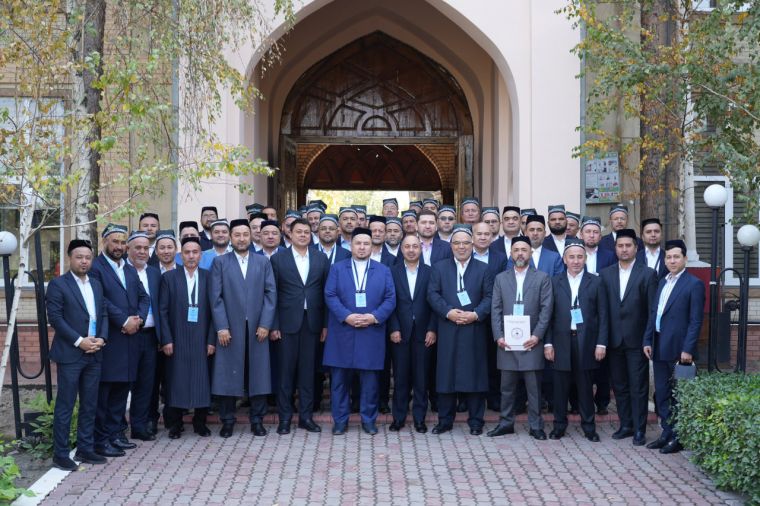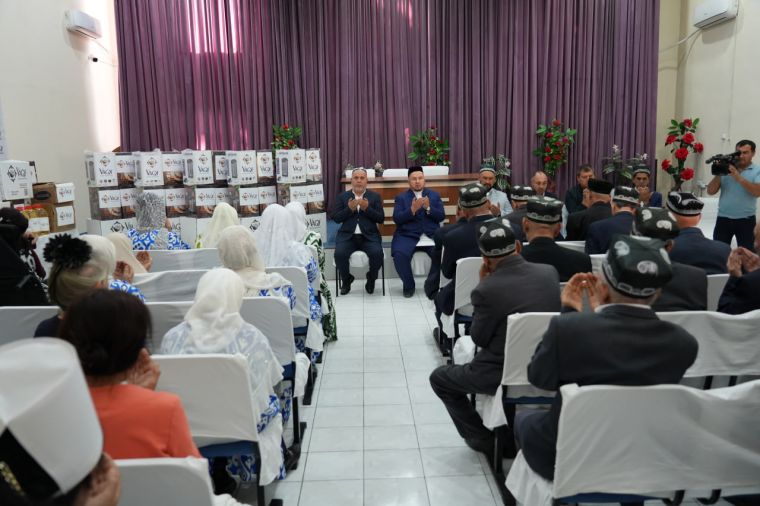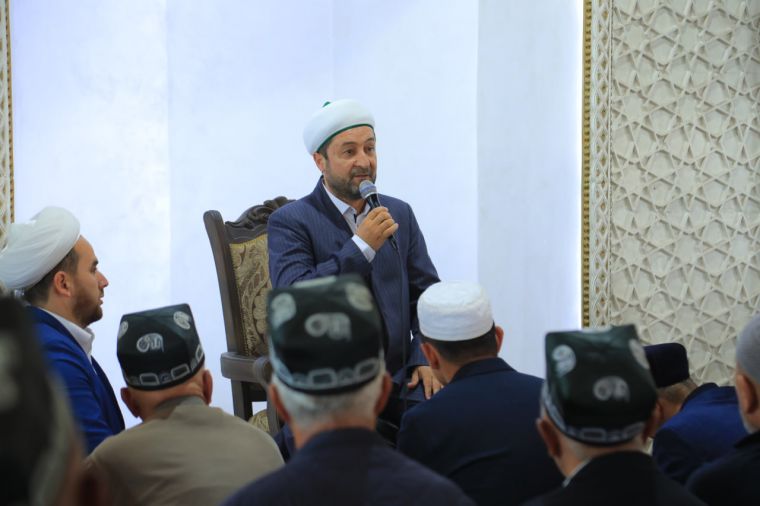Tashkent city


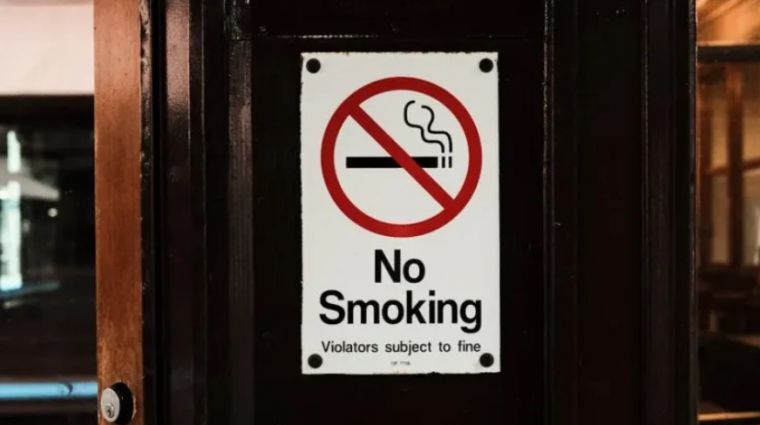
Saudi Arabia has implemented a ban on tobacco shops operating within 500 meters of mosques and schools, according to new guidelines from the Ministry of Municipalities and Housing.
The measures aim to safeguard public health, ensure legal compliance, and maintain orderly business environments in urban areas.
The regulations affect all stores selling tobacco products, including cigarettes, shisha, and e-cigarettes. Shop owners must possess valid commercial registration, Civil Defense approval, and full compliance with municipal licensing laws.
Stores must occupy at least 36 square meters within commercial buildings, with additional local municipality conditions possible.
Exterior signage cannot display logos or promotional materials - only the store name. Operations require security cameras indoors and outdoors, adherence to hygiene standards, electronic payment options, and prohibited sidewalk use.
All tobacco products must meet Saudi Food and Drug Authority standards, feature clear warning labels, and be sold in sealed packages. Vending machines, price reductions, gifts, and product testing are forbidden.

A series of key events took place as part of a scientific-practical seminar held in Andijan Region, aimed at enhancing the effectiveness of imam-khatibs’ activities.
The Chairman of the Muslim Board of Uzbekistan, Mufti Sheikh Nuriddin Kholiqnazar, performed the Zuhr prayer at the “Hazrati Bilol” mosque and delivered an inspiring sermon to the worshippers.
The Mufti also visited the children residing at the “Muruvvat” Boarding School for Children with Disabilities in the Kurgantepa District to check on their well-being.
Deputy Muftis, officials of the Waqf Foundation, and regional chief imams visited the Social Protection Center in Andijan City, a residence for the elderly, lonely, and disabled. They donated household appliances, food products, and hygiene items.
During these scientific and practical events, participants established a close dialogue with the public.
Imams, female religious teachers, local community activists, and “Hajj-2025” pilgrims reached out to needy and problematic households in the local neighborhoods, successfully reconciling 80 families across seven different categories.
Translated by Sirotulloh Muhammadsoliyev

